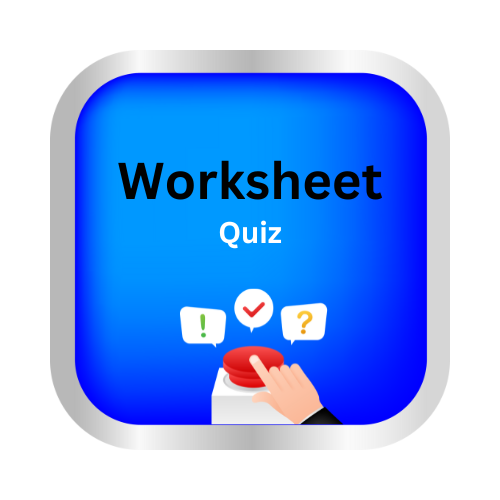Describe the difference between related words
4th Class – Describe The Difference Between Related Words by Delta publications
key notes :
| What are Related Words? |
Related words are words that have a connection to each other. They might come from the same root word, or they might describe similar things. But, like siblings, they have their own unique personalities and meanings.
| Examples of Related Words and Their Differences |
| Big and Huge 1.Big means large in size. 2.Huge means very large. It’s bigger than big! Example: An elephant is a big animal. A blue whale is a huge animal. | Happy and Joyful 1.Happy means feeling good or pleased. 2.Joyful means feeling very happy. It’s a stronger feeling than just being happy! Example: I am happy to see you. I am joyful that it’s my birthday! |
| Look and Stare Look means to turn your eyes in a certain direction to see something. Stare means to look at something for a long time, often with your eyes wide open. Example: I looked at the bird in the tree. It is rude to stare at people. | Walk and Stroll Walk means to move forward by putting one foot in front of the other. Stroll means to walk in a relaxed and leisurely way. Example: I walk to school every day. We took a stroll along the beach. |
| Why is this Important? |
Knowing the difference between related words helps you:
- Choose the best word: You can pick the word that exactly describes what you mean.
- Understand what you read: You’ll understand the nuances (small differences) in stories and books.
- Become a better writer: Your writing will be more precise and interesting!
| Let’s Practice! |
Think about these pairs of related words:
- Sad and Miserable
- Small and Tiny
- Speak and Shout
Can you explain the difference between each pair? Can you use them in sentences?
| Summary |
Today we learned that related words share a common meaning but have slight differences. Understanding these differences helps us choose the best word to express ourselves clearly and accurately. Keep practicing and you’ll become a word expert!
Let’s practice!
Pages: 1 2

